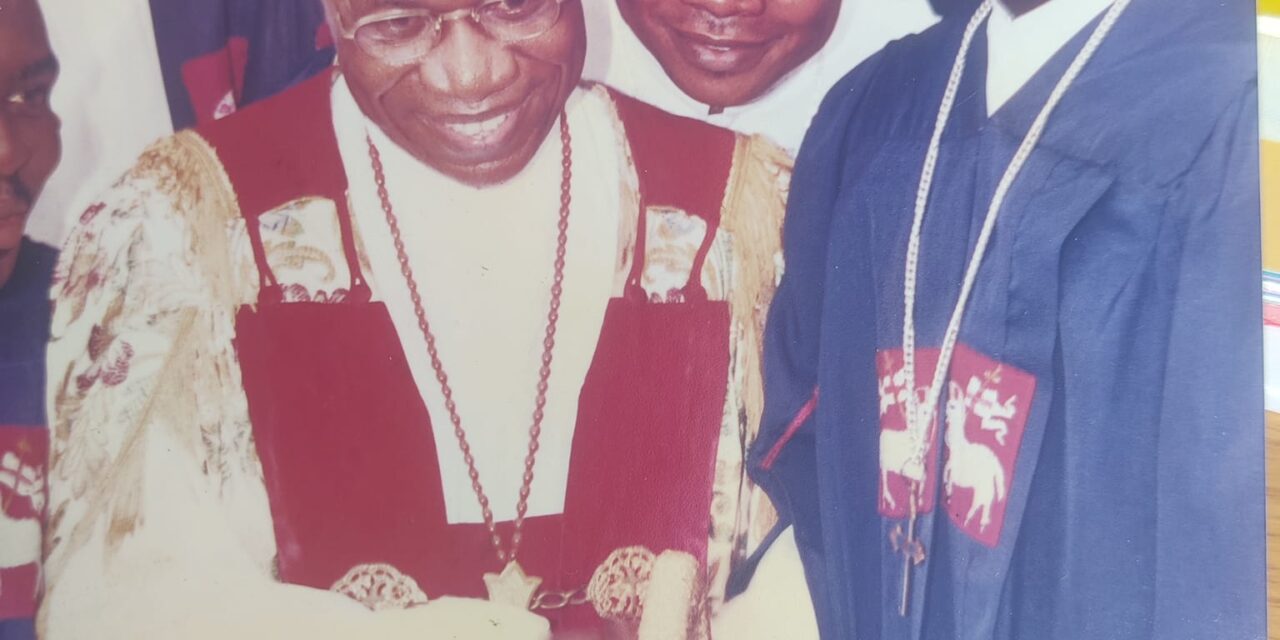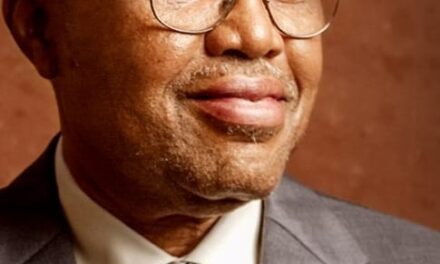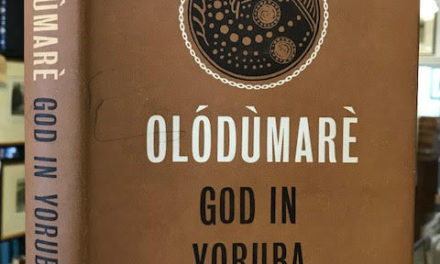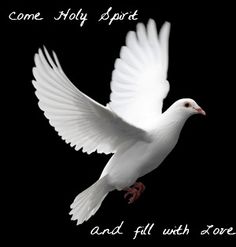‘A mighty tree has fallen’ is the traditional response in Africa, to the passing of such a great soul and a towering international figure of monumental moral and missional authority as His Eminence Sunday Coffie Mbang (1936-2023). His broad smile and hearty laugh will be challenging to forget. Beyond the order of ministry and episcopacy to which he was called and elected as the second Patriarch and first Prelate, Methodist Church, the offices he held locally and internationally, or the titles he bore as a renowned academic theologian of his age, the most distinguishing mark of His Eminence Mbang’s ministry and episcopacy was friendship, that friendship into which Jesus called his faithful disciples and even cut across other religions. Methodist Church Nigeria gives thanks to God for one of its greatest saints.
His Eminence Mbang was a man of extraordinary personal and spiritual courage and bravery. It is important to note that the economic, political, and moral collapse of the Second Republic (1979-1983) did not only set the stage for the emergence of the concept of human rights in Nigerian politics, church, and leadership renewal. Installing His Eminence Mbang on the Appointed Day, January 20, 1985, to take over from Patriarch Professor Bolaji Idowu opened a new chapter for the Methodist Church Nigeria as the first Christian denomination in Nigeria. His Eminence Mbang’s three points agenda for the church – Reconciliation, Reconstruction, and Revival also positioned him as a Spiritual Advocate for the Nigerian Masses, especially under the regime of different military juntas.
The emergence of the Buhari/Idiagbon military junta (1983-1985) saw repression becoming a significant plank in the crisis management strategy of the country. The succeeding regime of General Ibrahim Babangida (1985-1993) increased the same repressive mechanisms used by the previous junta to eliminate opposition to its economic and social policies. Babangida’s Political Bureau, shaped by his ‘hidden agenda’ to chart the country’s political future, ended up in a bloated Office of the President, and ultimately in the dictator himself.’ Babangida’s annulment of the June 12, 1993, election won by Chief MKO Abiola was the last straw of political miscalculation that led General Babangida to step aside on August 26, 1993.
His Eminence Mbang’s vision and bravery were allied with a canny political sense and wisdom, enabling him to be a healer and apostle of peace, especially during General Sanni Abacha’s ‘gun-powered democracy.’ General Abacha’s regime (1993-1998) and national conference with one-third of its members self-nominated by the junta were without enabling legislation. In response, the National Democratic Coalition of Nigeria (NADECO) was formed in May 1994. The NADECO membership comprised many old and established politicians, retired senior military officers, political organizations, and some pro-democracy organizations. The mission of NADECO was for the restoration of democracy and true federalism. It asserted that the military dictatorships of Babangida and Abacha have had terrible consequences for the country and, therefore, ‘called for the validation of the June 12 election, the formation of a broad-based national government led by Abiola, and the convening of a sovereign national conference to achieve true federalism and political stability.’ In defence of the NADECO members, His Eminence Mbang was always ready to speak the truth to the military juntas, especially on their transitional agendas and trump-up bombing allegations. His Eminence Mbang said, “I don’t believe in it. It is full of inconsistencies. I don’t care if I am arrested for telling the truth. I don’t believe in the program because there seems to be a hidden agenda.” On the harassment of the NADECO members by the military juntas, His Eminence Mbang explained that “in a civilized country, they don’t jump to a conclusion before they start an investigation. But, in Nigeria, it appears police arrive at a conclusion before starting an investigation.”
President Olusegun Obasanjo, who paid a thank you visit to His Eminence Mbang at Wesley House, Lagos, immediately after he was released from prison in 1998 following the death of General Abacha, aptly described His Eminence Mbang ‘as a fearless soldier of Christ, winning souls for the Kingdom.’ According to President Obasanjo, ‘Despite having had a sprinkle of disagreements based on principles along the way, we often ended up agreeing to agree, and this has strengthened our friendship and brotherliness in Christ and enhanced my personal respect for him and what he stood for.’ His Eminence Mbang was a “deeply pious man, a true critic and fearless activist, who dedicated his life to the pursuit of the common good of the society.” When His Eminence Mbang was elected as the President Christian Association of Nigeria (CAN) in 1995, he inherited the construction of the National Christian Centre, Abuja, a project that started around 1989 but went dormant for several years. His Eminence Mbang approached President Obasanjo for support for the completion of the project. President Obasanjo turned down the request to not look partial to one religion as the President of the country. However, he promised to personally contact some of his friends for support towards the project. The project was completed and dedicated on October 2, 2005, and coincided with Nigeria’s 45th independent anniversary celebration.
His Eminence Mbang believed that politics is a calling to serve the people. He explained that ‘the call must come from God, and this must be clearly understood. Many politicians in Nigeria lack ideological beliefs. This must be the only reason why a number of them change patties, like the weather. Politics, for some sons and daughters of Nigeria, is their daily bread rather than a calling. Politics for this class of Nigerians is a do-or-die thing. Such politicians are prepared to do the unthinkable, including resorting to arming, corruption, and violence to enable them to stay alive and win the whole world while their children stay safe and sound in foreign countries.’ According to His Eminence Mbang, ‘The insincerity of many Nigerian leaders is the greatest disease of this great country. It is what will affect the unity of this nation sooner than later if it is not checked now.’
To celebrate His Eminence, Mbang as a true-born leader and as a Spiritual Advocate for the Nigerian masses, calls us to rethink what has brought Nigeria to the present economic and ethnic divisions and impasse and resolve how to midwife true and prosperous democracy in Nigeria. To Methodist Church Nigeria and especially the Christian Association of Nigeria (CAN), our responsibility is to carry on and contend for the faith in the name of Jesus Christ whom His Eminence Mbang served so fearlessly, but always with humour and joy. His lifelong championing of scriptural holiness must continue to impact on Methodist identity and witness with renewed united vigour following his transition.
Papa, His Eminence Sunday Mbang, rest in peace and rise in glory.
The Rt Rev Dr. Deji Okegbile, Bishop, Nigerian Methodist Mission, UK/Ireland.











Recent Comments